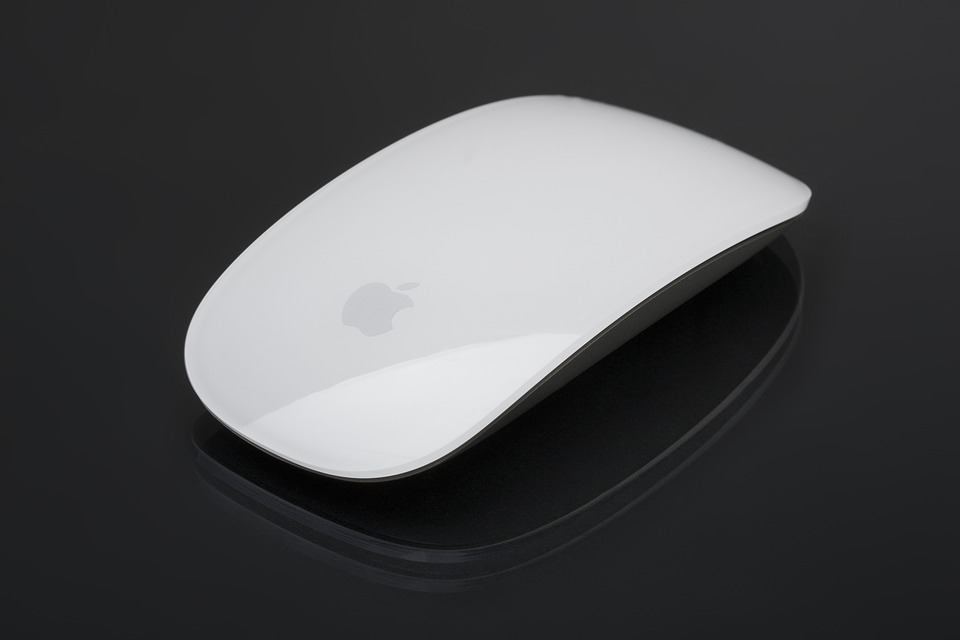As technology continues to advance, the concept of smart homes and the Internet of Things (IoT) has become more prevalent in our society. One of the key components that has played a crucial role in the rise of smart homes and IoT is hardware.
Hardware refers to the physical components of a computer system or any electronic device. In the context of smart homes and IoT, hardware plays a central role in enabling devices, appliances, and systems to communicate with each other over a network.
One of the most important pieces of hardware in the smart home ecosystem is the smart home hub. The hub serves as the central control unit that connects and manages all the devices in a smart home. It allows users to control and monitor various aspects of their home, such as lighting, security, heating and cooling, and entertainment systems, from a single interface. Without a smart home hub, it would be challenging for different devices to communicate with each other and function as a cohesive system.
Another critical hardware component in smart homes and IoT are sensors. Sensors are embedded in devices and appliances to gather data and monitor the environment. For example, motion sensors can detect movement in a room and automatically turn on lights, while temperature sensors can adjust heating and cooling systems based on the current temperature. Sensors allow smart devices to adapt and respond to changes in their surroundings, making them more energy-efficient and convenient for users.
Hardware also plays a vital role in the security of smart homes and IoT devices. Security cameras, smart locks, and door/window sensors are important hardware components that help protect homes from intruders and unauthorized access. These devices can send alerts to homeowners and allow them to monitor their homes remotely through a smartphone or tablet, providing peace of mind and enhancing security.
In addition to smart home devices, hardware is also essential in the infrastructure that supports the IoT ecosystem. Cloud servers, routers, and gateways are key hardware components that enable the transfer of data between devices and the internet. These devices help facilitate communication, storage, and processing of data, allowing smart homes and IoT devices to operate efficiently and seamlessly.
As the popularity of smart homes and IoT continues to grow, the role of hardware in enabling these technologies will become even more significant. Advances in hardware technology, such as the development of more powerful processors and smaller sensors, will continue to drive innovation in smart home devices and IoT applications. Hardware companies and manufacturers will play a crucial role in shaping the future of smart homes and IoT, as they continue to develop innovative solutions to meet the increasing demands of consumers for interconnected, intelligent systems.




